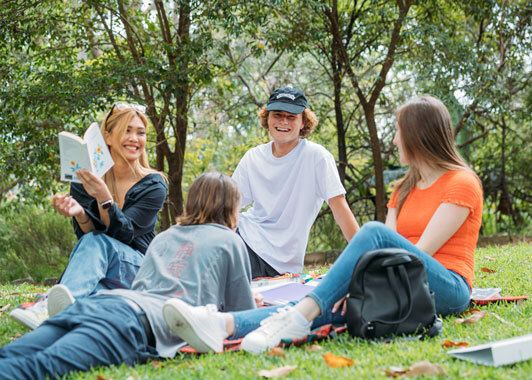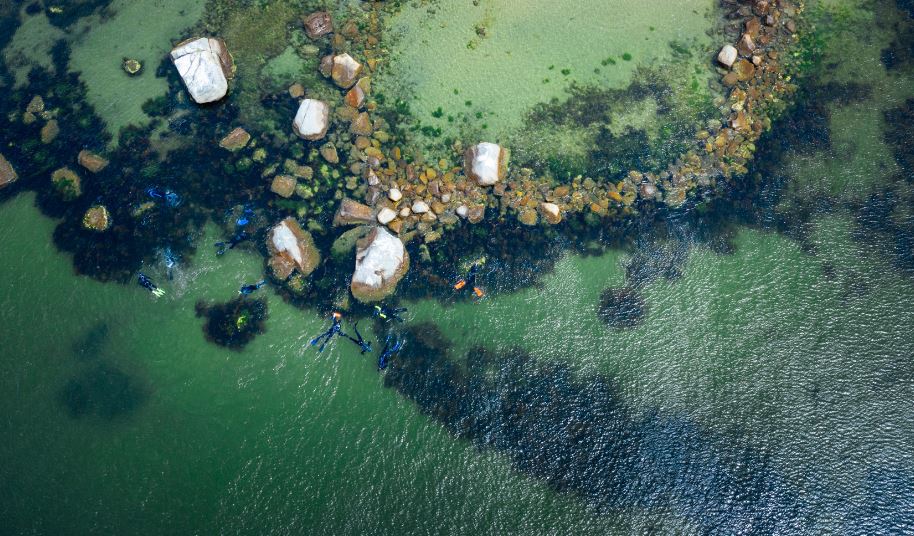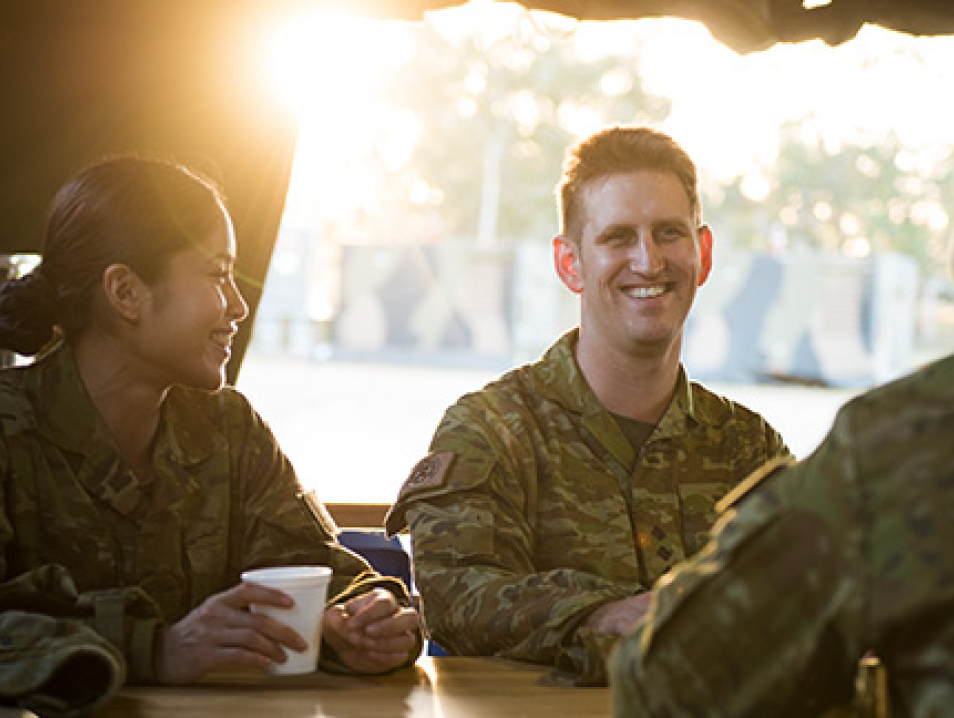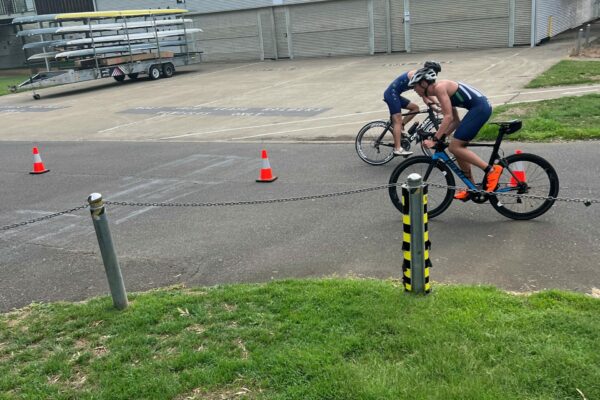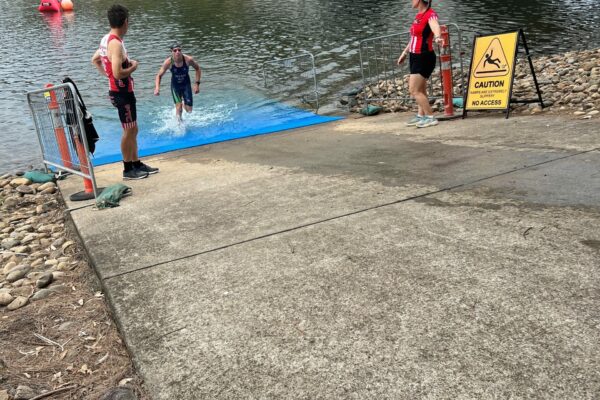
There are several different types of employment arrangements under Australia’s workplace laws. One of the most common types that students work under is casual employment. Casual jobs are defined as jobs that usually:
- are short-term or temporary
- involve irregular hours
- aren’t guaranteed to be ongoing
- provide extra hourly rate as they don’t provide paid holiday leave or sick leave.
Generally speaking, casual employees are employed on an hourly, daily or weekly basis without any commitment – from the employee or the employer – that the job is permanent or guaranteed.
Gaining a casual job can be convenient while you’re at school or in tertiary education. If your employer agrees, you can vary your hours to fit in with your studies. Gaining experience while you are studying serves many benefits. You may improve your future job prospects by developing skills that employers value, such as communication, team work and customer service. The contact that you have with colleagues also helps to build your social network. This is particularly beneficial over summer holidays.
As with part-time and full-time employees, casual employees are also granted rights under Australia’s workplace laws. This article examines these rights and provides a guide to some of the issues facing casual workers.



